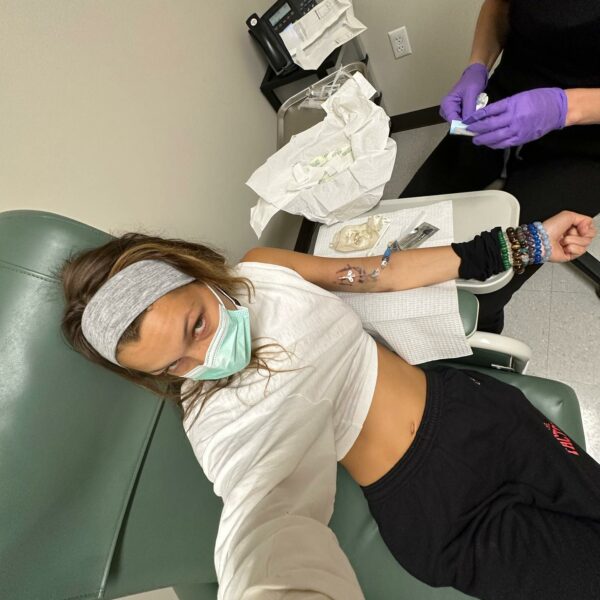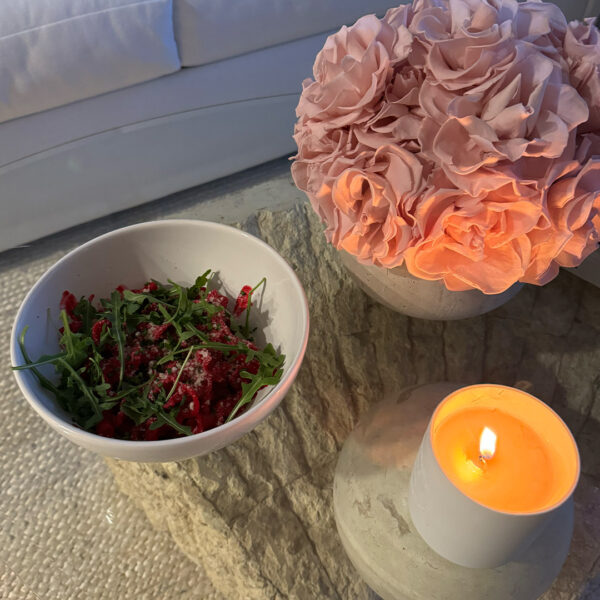Attachment Theory is an area of psychology that describes the nature of emotional attachment between humans. It begins as children with our attachment to parents. The nature of this attachment, and how well it’s fostered and cared for, will then influence the nature of our attachment to romantic partners later in our life.
My hope is for everyone to be aware and understand their attachment style so we can then learn, move forward, heal, and create healthy and secure attachments as adults.
• People with secure attachment strategies are comfortable displaying interest and affection.
• They are also comfortable being alone and independent. They’re able to correctly prioritize their relationships within their life and tend to draw clear boundaries and stick to them.
• They seek and maintain close, stable relationships.
• They had their needs met as children and felt safe and cared for.
• These are people with a sensitive nervous system who have a hard time communicating their needs directly.
• They also tend to act out when triggered. For example, they make their partner jealous when they feel threatened by someone else.
• They crave intimacy and can never get enough closeness.
• They desperately seek security and attention from their partner, but this can push him/her away.
• Their caregivers were inconsistent in attending to their needs.
• These folks strongly fear abandonment and rejection and have low self-esteem.
• They have a negative view of others. Their desire to be connected with others is paired with a very strong hesitation.
• They have high anxiety in relationships because they are used to people being inconsistent from their childhood.
• These types downplay the importance of a relationship and are usually extremely self-reliant.
• They can become more vulnerable when they have a crisis in their lives.
• They struggle with deep intimacy and trust. They tend to connect and then pull away when the relationship feels too intense.
• They may resist commitment.
• Their caregivers were probably distant, cold, or unresponsive. As a result, they become independent and self-reliant, not wanting to rely on inconsistent people.
• These types of people are extremely independent and self-directed.
• They’re commitment-phobes and experts at rationalizing their way out of any intimate situation.
• They regularly complain about feeling “crowded” or “suffocated” when people try to get close to them.
• These people commonly have poor self-image and self-esteem.
• They will try to seek validation from others for whatever they do.
• They are sensitive and rush into relationships while tending to have the “come here-go away” attitude in relationships.
• They have poor communication skills and display passive roles in relationships.
Our attachment style becomes the blueprint for our intimate relationships. It also impacts our choice in romantic partners and how we relate to them. You CAN change and become more securely attached.
A few ways to start:
• Share your feelings with your partner.
• Notice your relationship patterns. Becoming more aware of your avoidant and anxious behaviors is the first step in changing.
• Do things that make you feel good about yourself. Self-care is key.
• Work with a therapist to shift your attachment style.
• Spend time with people who model healthy relationships.
• Communicate your needs and expectations clearly to your partner.
Be patient and gentle with yourself as you work on changing.
Shop our sex and love collection:
Erica Spiegelman is a wellness specialist, recovery counselor, and author of the new book The Rewired Life (2018) as well as Rewired: A Bold New Approach to Addiction & Recovery(2015), the Rewired Workbook (2017), the Rewired Coloring Book (2017), all published by Hatherleigh Press. Erica holds a bachelor’s degree in literature from the University of Arizona and is a California State Certified Drug and Alcohol Counselor (CADAC)-II from UCLA. For more information, visit Erica’s website or follow @Erica Spiegelman on Instagram.
Up next, be the first to know our weekly content and sign up for our Poosh newsletter.







































